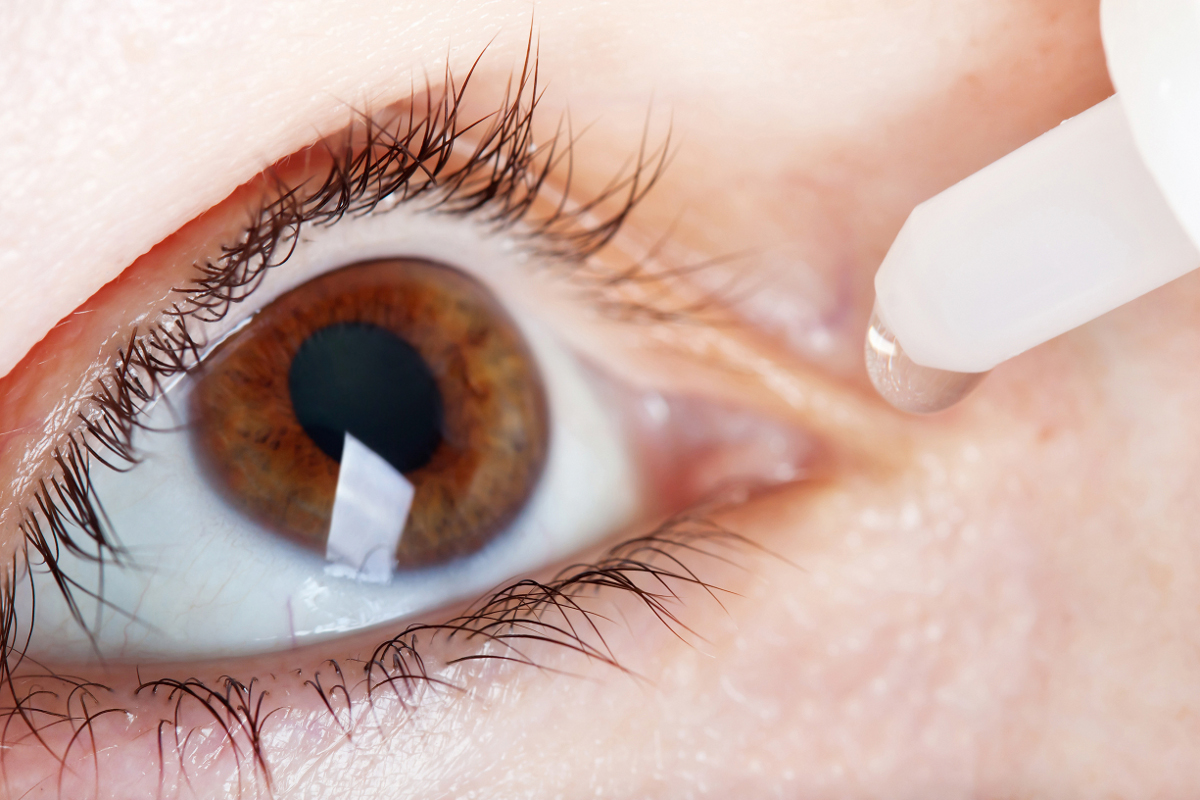
Dry eyes is a common postoperative symptom of Lasik eye surgery. It is caused due to damage of the fine corneal nerves, which disturbs the signaling process for tear production.
Lasik eye surgery is a procedure performed for correcting refractive errors that are usually associated with disorders in the shape of the cornea. This surgery involves removal of the corneal tissues for reshaping the cornea and / or better eye focusing power. It is effective for treating refractive eye problems, like, near sightedness (myopia), far sightedness (hyperopia) and astigmatism. After surgery, a patient can recover fully from experiencing blurred vision and may not require to use glasses or contact lenses.
Apart from the benefits, there are certain surgery risks as well. One of the most commonly observed complications is dry eyes. The severity of dry eye syndrome may be higher in patients who have had the dry eye condition prior to the surgical procedure. In order to minimize risk factors of Lasik eye surgery, one should consult and seek advice from an experienced ophthalmologist or eye surgeon regarding the pros and cons of surgery.
Surgery Risks: Dry Eyes
As a part of the Lasik eye surgical procedure for vision correction, a flap of corneal tissue is first lifted by using a microkeratome (special knife). Then, laser energy is applied to the underlying corneal tissues for rectifying the shape of cornea. After correction of the corneal shape, the corneal flap is restored and secured in its original position. During the process of lifting and restoring the corneal flap, damage of fine corneal nerves may occur, which in turn disturbs the normal signaling for secretion of tears.
The interruption of corneal nerve impulses resulting after Lasik eye surgery leads to less production of tears, leading to temporary dry eyes. Speaking about dry eyes, it is a condition in which the eyes do not secrete sufficient amount of tears for providing natural lubrication. The noticeable symptoms of dry eyes are burning sensation, tingling, irritation, scratchiness, increased sensitivity to smoke and excess mucous secretion in and around the eyes. At times, dry eyes may cause excess tear production due to increased irritation in the eyes.
It is normal to experience temporary dry eyes after Lasik surgery. In fact, majority of the patients manifest dry eye symptoms after the surgical procedure. Nevertheless, the cause for concern is the severity of the condition and the duration of the symptom. In general, dry eyes condition is resolved within six months after the surgical procedure. During the six months healing period, the eye care specialist usually prescribes usage of appropriate eye drops and proper eye care in order to manage the symptoms effectively.
Unfortunately, however, for some Lasik eye surgery patients, dry eyes may become a long- term eye problem. For such patients, the eye care specialist may consider specific treatment for dry eyes depending upon the underlying cause. One such treatment option is introducing silicone plugs in the tear ducts, which helps in reducing draining of tears from the eyes. In order to expect an asymptomatic post Lasik surgery, it is practical to correct dry eyes prior to conducting the surgical procedure.
The patient should disclose any previous dry eye problems to the ophthalmologist for correct fixation, prior to the surgery. Overall, the possibility of dry eyes after Lasik can be minimized by proper candidate selection and treatment of underlying eye problems before the surgical procedure is performed.


